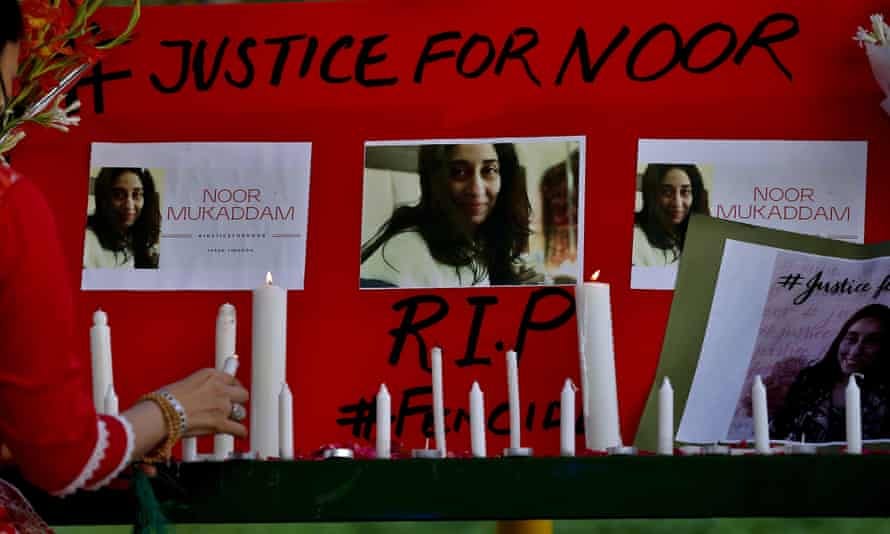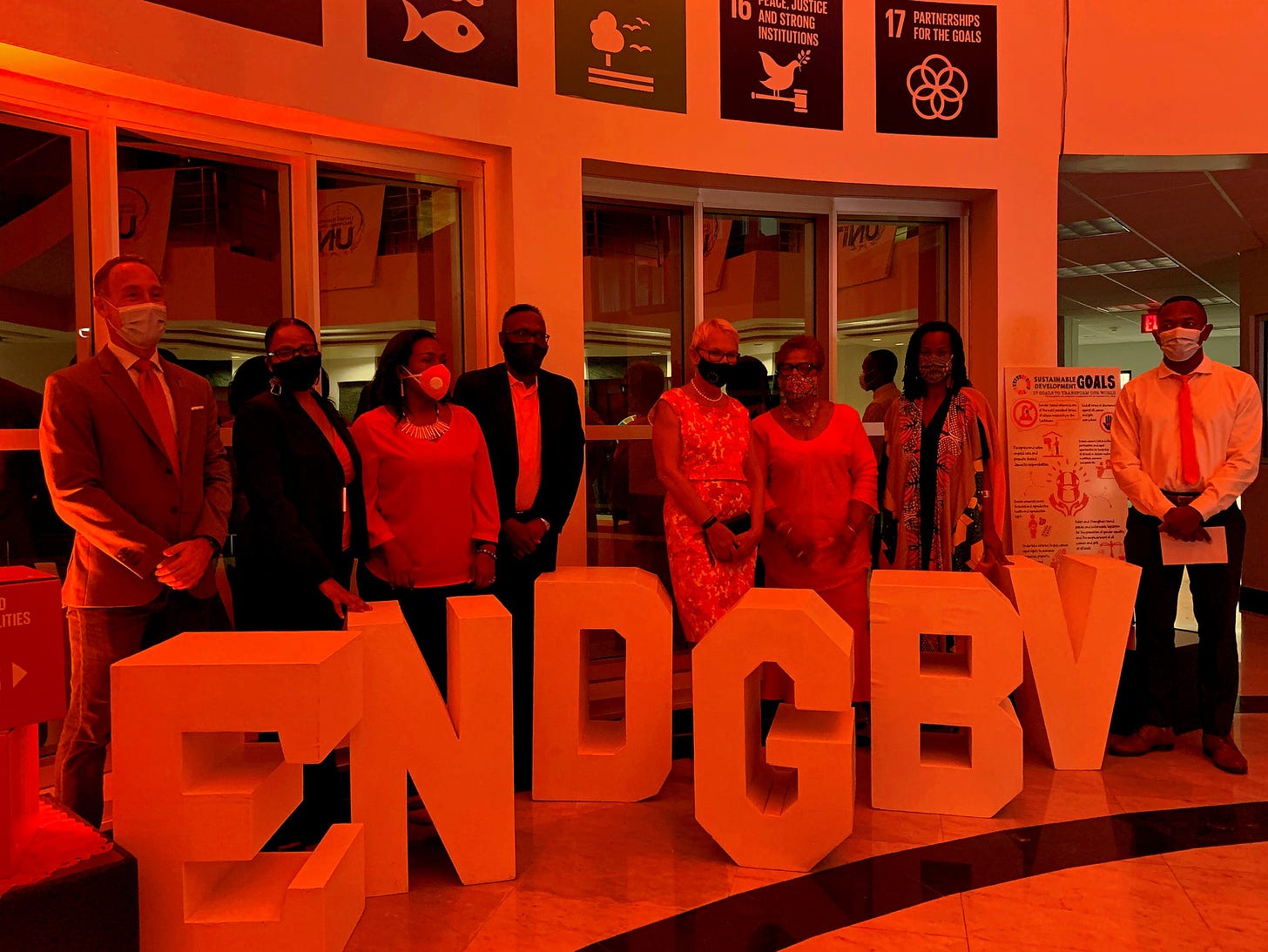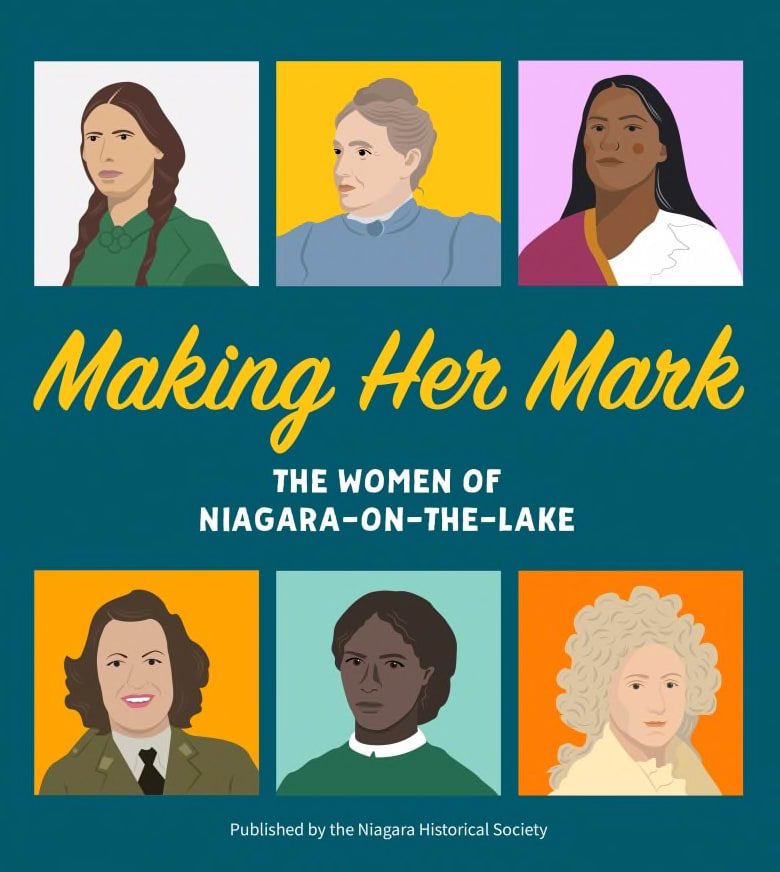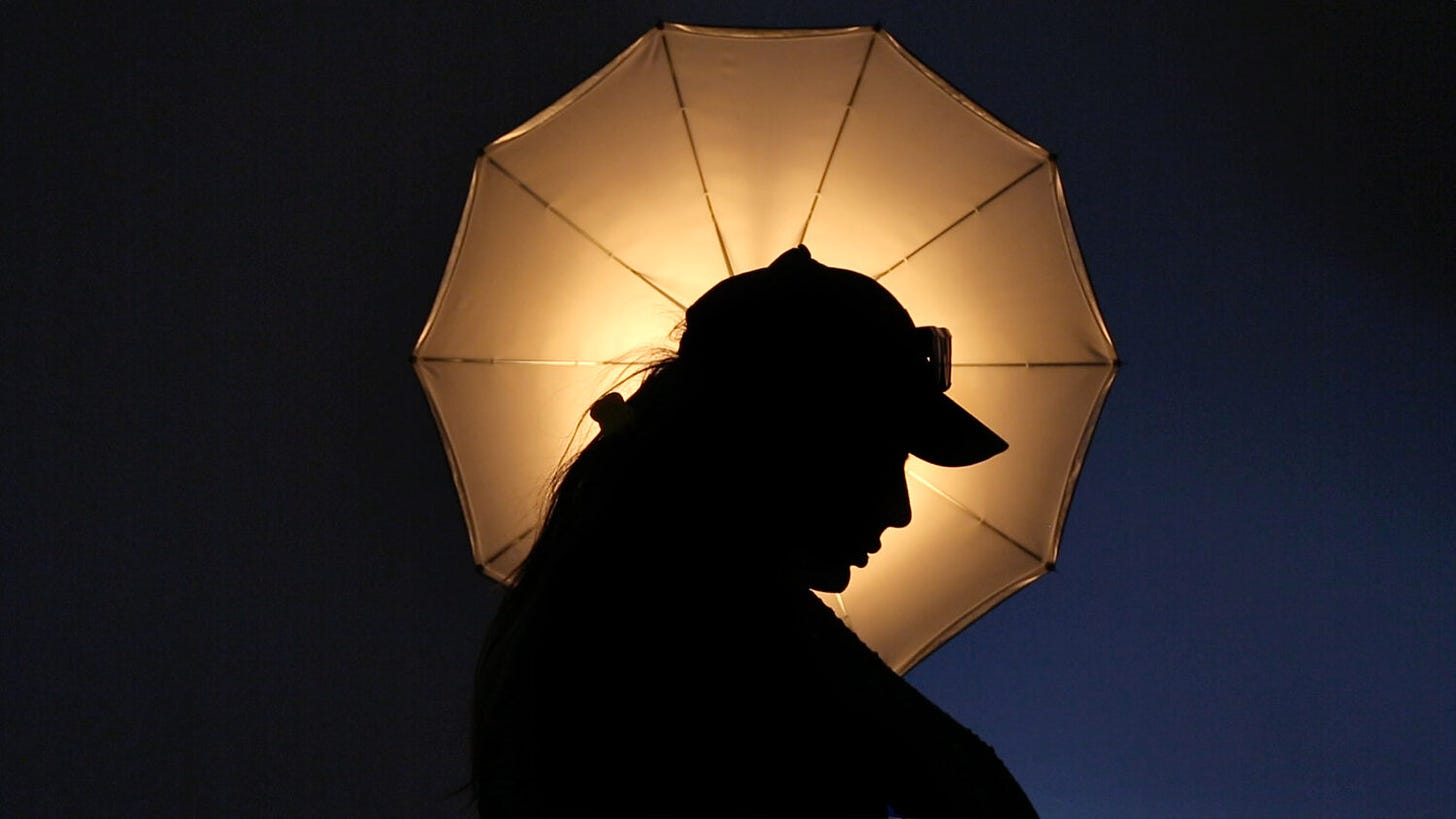Global Roundup: GBV in Pakistan, Street Harassment in Barbados, Capturing Black Women’s History in Canada, South Africa First Trans Beauty Pageant, Beirut's LGBTQ+ Community After the Explosion
Compiled by Samiha Hossain
The killing of Noor Mukadam has shone a spotlight on the relentless violence against women in the country. Photograph: Anjum Naveed/AP via The Guardian
CW: gender-based violence
The horrific murder of 27-year-old Noor Mukadam has pushed Pakistan to confront its “gender terrorism epidemic.” Mukadam was allegedly tortured and beheaded by Zahir Zakir Jaffer after being held captive in his apartment for three days.
Mukadam was an artist, animal lover and had just been commissioned to paint her first mural. She was concerned about human rights and had taken part in the feminist Aurat march on International Women’s Day earlier this year.
In the World Economic Forum’s global gender index, Pakistan is ranked 153 out of 156 countries. The COVID-19 lockdowns have resulted in a sharp rise in domestic violence, which many have attributed to the growth in religious conservatism and the government’s failure to tackle the issue. A domestic violence bill was put on hold in early July due to objections by the Council of Islamic Ideology, despite being passed by the National Assembly.
We are all tired of sending our prayers and thoughts every time a case happens. Noor’s case is not an isolated incident. I don’t want any more women to be an example. What we are facing is a gender terrorism epidemic. Why should the Noors of this country have to give up their lives for us to learn a lesson about gender-based violence. - Leena Ghani, activist involved in the Aurat march and organized a candlelit vigil for Noor
Mukadam’s case involves two wealthy families, which may have contributed to the worldwide attention it has garnered. But what about victims that do not have access to money and power? Women in Pakistan are tired of the same patterns and no real change. They demand that they are able to exist without fearing for their lives.
More needs to be done to protect women. There are no resources, no implementation of laws, not even timely statements from the leadership. Not even support for tools as basic as the domestic violence bill. There’s no inclination by the state to let women just exist without the fear of being raped or murdered. - Kanwal Ahmed, founder of Soul Sisters Pakistan
--————————————————
Set among the tall palms and lush vegetation of Barbados’ South Coast, United Nations House is illuminated in an orange glow to draw attention to the issue of gender-based violence, as part of the annual commemoration of the 16 Days of Activism and the International Day for the Elimination of Violence Again Women. Photo by UN Women/Younes Hosney
Hong Kong-based freelance journalist Andrea Lo shared her experiences of street harassment while working in Barbados. The article she wrote has gotten a lot of regional attention, as many other Caribbean nations have similar issues. She talks about several incidents that made her feel unsafe since she arrived in Barbados in December 2020, resulting in her leaving the region early.
Some friends in Barbados speculated that the excessive attention was due to my being an Asian with pink hair. Local women said to me, ‘But that’s how Caribbean men are.’ One said if I wanted to live in the Caribbean I would have to accept that. - Andrea Lo
Caribbean women have been challenging street harassment and gender-based violence for years. The #LifeinLeggings hashtag was created in 2016 by two Barbadians, so women can share their stories of sexual harassment. There was also the hashtag #LeaveMeAlone started in 2017, taken from a song by Trinidad and Tobago's Calypso Rose. Activist Attillah Springer used it to generate discussions surrounding gender-based violence in the context of the country's annual Carnival celebrations.
Harassment of women and girls in Barbados is a widespread and ubiquitous issue […] one of those crimes that has been normalized as ‘part of culture’, trivialized to be considered a masculine way of showing their interest in a woman they are attracted to. - Andrea Lo
Women should be able to exist in public spaces without having to deal with street harassment. In sharing her experiences, Lo sheds light on the constant threats to women's safety. Caribbean feminists continue to advocate for change, which will only happen if the onus is put on men and boys to take responsibility for their actions.
--———————————————
Natasha Henry, president of the Ontario Black History Society, is among the authors of the chapters in Making Her Mark, which highlight the stories of Black women in the Niagara area. (Submitted by Natasha Henry) via CBC
A new book from the Niagara Historical Society features a “forgotten” story of a Black man who escaped slavery in Kentucky by stealing his "owner's" horse, and the Niagara woman who fought to keep him free when he made it to Canada. Sally Carter was a leading figure in a three-week vigil outside the Niagara Courthouse and Jail in 1837, to prevent the extradition of freedom seeker Solomon Moseby — a fugitive enslaved man who reached freedom in Canada that same year. The chapter is authored by president of the Ontario Black History Society, Natasha Henry, who believes it is important to include the experiences of Black women in the Niagara area.
Oftentimes, the voices, the experiences of Black women, particularly during colonial times, these kinds of projects are not often captured. So I wanted to make sure that their experiences were captured in this text. - Natasha Henry
Henry also sees telling these stories as a way to pay homage to these historical figures that many are unaware of. Though Moseby was ordered back to the United States, he escaped with help from hundreds of supporters, including Carter.
We know that stories of agency, of action during colonial times, often focused on white men. But here we have Sally Carter and these other Black women with her, who were leading the charge in ensuring that Solomon Moseby would be able to maintain his very tenuous freedom. - Natasha Henry
Sally Carter’s story is featured in the book Marking her Mark, which is authored by 27 people and aims to bring women to the focus of history, as they have been excluded for so long. Community authors were consulted to come up with the list of women to be included in the book whose stories have been forgotten and their accomplishments left uncelebrated.
As a historian and as a Black woman myself, bringing to that an interpretive lens … to draw out enough where she and these women could stand on their own in this story, I think that it's an important contribution to the history of Black women in Canada. - Natasha Henry
Marking her Mark is an important book that is a long overdue acknowledgement of the role women played in Canadian history. We must continue telling these stories, so they are not forgotten.
--———————————
Lehlogonolo Machaba, the first openly transgender woman to compete for the Miss South Africa title poses for a photograph outside the Union Buildings in Pretoria, South Africa, July 10, 2021. Picture taken July 10, 2021. REUTERS/ Sumaya Hisham
Being the first is a bit overwhelming and I'm also anxious that people do know now that I'm a trans woman. - Lehlogonolo Machaba
Although South Africa is the only country in the African continent where same-sex marriage is legal and which enshrines LGBTQI rights in its constitution, violence against the community has seen an increase with more than 10 people killed in attacks this year, and pervasive social stigma and discrimination.
The killing of a close friend in a hate crime has given Machaba the strength to fight and put a spotlight on transgender issues, even if it results in backlash.
'I’m here to fight for my community, not necessarily in a physical manner, but through words. It would mean a lot for me as a trans woman to win Miss South Africa but also I believe it would mean a lot for the queer community in South Africa. It would show that South Africa is breaking boundaries. - Lehlogonolo Machaba
--——————————————
Hamada/Amanda, 38 years old, He/His/She/Her
Ian Abinakle is a gay man who grew up in Beirut and immigrated to Canada in the 1980s. He is dedicated to organizing LGBTQ+ Pride celebrations, including the Divers/Cité Festivals in Montreal and Green Space in Toronto. He is also passionate about the LGBTQ+ communities in Lebanon, which have been devastated by the explosions in 2020 that destroyed the once safe havens for Beirut’s LGBTQ+ communities. For instance, many of the city’s queer residents had no choice but to leave their homes.
Abinakle recently got back from a trip to Lebanon, where he met victims of the explosion in LGBTQ+ communities. He supported them through setting up a fundraising campaign and telling the heartbreaking stories he’s heard, so they’re no longer left untold.
When I fully understood the gravity of the tragedy in the land where I was born, I knew I had to do something to make things better. I also knew that I had to get the message about the critical situation in Beirut out to the international LGBTQ+ community to get the ball rolling. After all, no one can better understand the problems of marginalized people than a marginalized worldwide community. - Ian Abinakle
In collaboration with MOSAIC, the LGBTQ+ organization in Beirut, Abinakle was able to organize meetings and interviews to get their stories down on paper in both French and English. Videoclips were also made. Everything can be accessed at thequeerproject.org and @shatteredhearts.leb on Facebook and Instagram.
When tragedies like the Beirut explosion occur, marginalized groups often face the brunt of the consequences. It is important to continue to amplify LGBTQ+ voices in Beirut, as many of their usual support systems have been destroyed.
————————————————
Samiha Hossain (she/her) is a student at the University of Ottawa. She has experience working with survivors of sexual violence in her community, as well as conducting research on gender-based violence. A lot of her time is spent learning about and critically engaging with intersectional feminism, transformative justice and disability justice.
Samiha firmly believes in the power of connecting with people and listening to their stories to create solidarity and heal as a community. She refuses to let anyone thwart her imagination when it comes to envisioning a radically different future full of care webs, nurturance and collective liberation.








